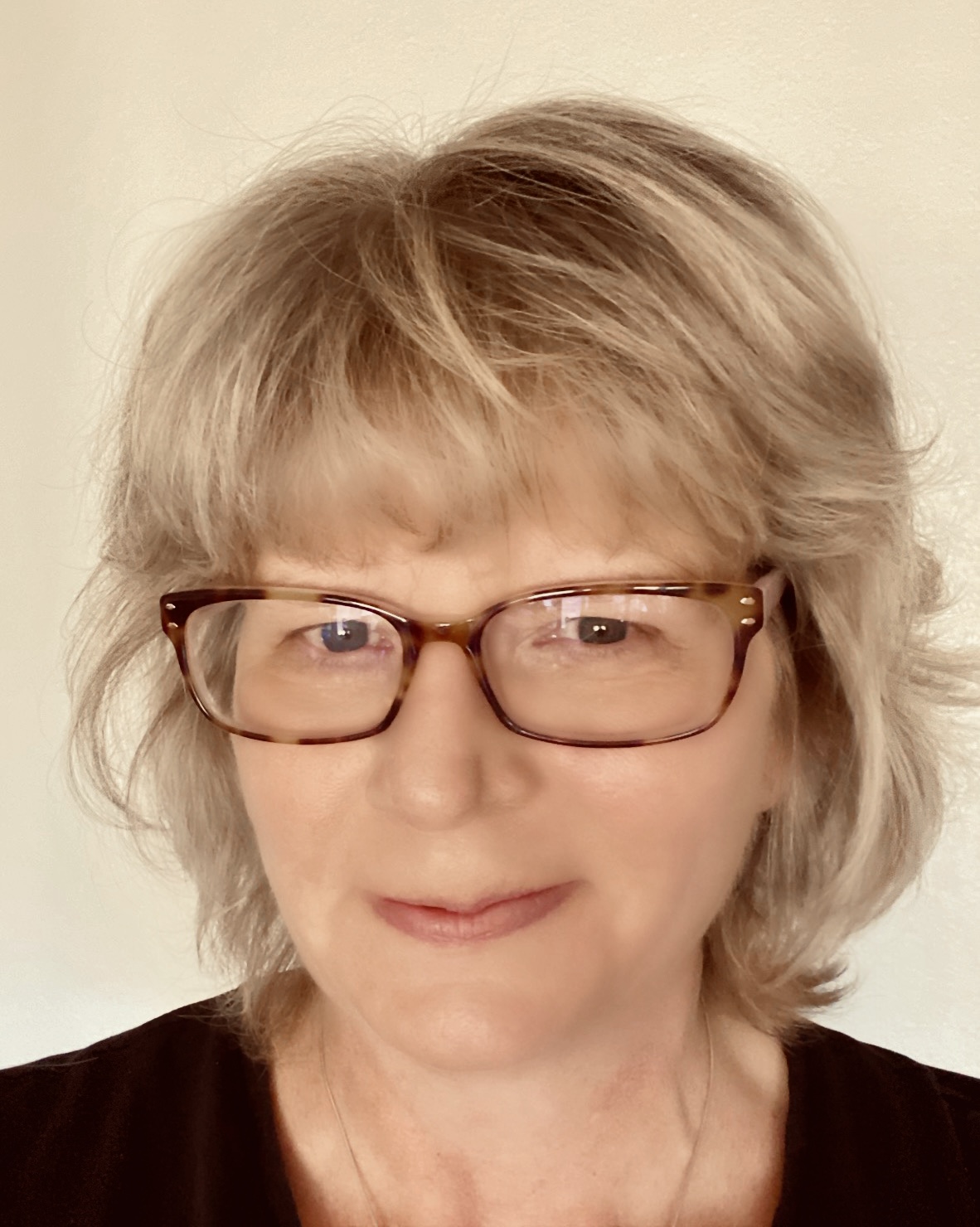Ronnie Thibault
Lecturer

B.A. Society, Ethics & Human Behavior, University of Washington Bothell
M.A. Cultural Studies, University of Washington Bothell
Ph.D. Interdisciplinary Individual Ph.D., University of Washington
Email: ronnie22@uw.edu
Introduction
Ronnie earned her PhD in the UW Interdisciplinary Individual PhD Program, with support from the departments of Geography, History, and Disability Studies. She completed her MA in Cultural Studies and her Bachelor of Arts at the University of Washington Bothell, where she focused on the social and political histories of disability and global development. In her current teaching and research, Ronnie explores the cultural politics of global development and histories of disability in the United States through comparative history, cultural studies, and postcolonial and transnational disability studies frameworks.
Areas of scholarly interest: Postcolonial/transnational disability studies, critical cultural geography, cultural studies, global development, philanthropy, and humanitarianism
Research methodologies: discourse analysis, historical archive analysis, systems of representation
Teaching
I encourage students in my classes to think differently about privilege and inequality at the intersections of disability, gender, race, sexual orientation, age, ethnicity, religion, and nation. It is my job as the course instructor to facilitate a safe and accessible space for individual and group learning and to demonstrate how students can productively collaborate alongside people with different backgrounds, histories, and political viewpoints. The first and perhaps most critical step in working towards inclusivity in the classroom is to actively seek out the distinct backgrounds, unique viewpoints, and variety of learning styles that students bring into the classroom environment. I find the most exciting teaching moments happen when students are comfortable enough to express disagreement with my interpretation of the course content and willing to share their unique understanding of the materials we discuss. I structure my curriculum around transdisciplinary scholarship and draw on experiential techniques that help students connect the scholarship we study to the real-world political contexts in which they work and live. In addition to weekly reading and lecture sessions, in-class group workshops provide a less formal space for students to approach challenging topics like transnational feminism, colonialism, racist and ableist oppression, the histories of eugenics, globalization, disability justice, and nationalist ideologies. Students work side by side combing through vintage magazines to find links between current-day culture and historically driven ideological patterns, they collaborate on their individual research and portfolio development, enter lively discussions about news and social media stories related to our coursework, and build digital maps that reflect the topics we study.
Recent Courses Taught
BIS 340: Approaches to Cultural Research
DIS ST 384 A/GEOG 395 A: Disability Geographies: Space, Place & Transnational Disability Activism
CHID/DIS ST 430 A: Disability, Representation & Intersectionality: Cultural Studies Approaches to Disability
GEOG 445 A: Geographies of Housing: Housing Crises in the Puget Sound Region
CHID/DIS ST 332 A: Disability Studies, Feminist Thought, & Representation
Research/Scholarship
Ronnie’s dissertation is a digital history project with a central focus on comparing how domestic charity and humanitarian aid institutions in the U.S. have drawn upon, reinforced, or contested common misunderstandings about developmental and intellectual disabilities. She gives specific attention to how the stigmas attached to these identities of difference intersect with systemic oppressions based on race, class, gender, sexual identity, ethnicity, and nationality.
Recent Publications
“Can Autistics Redefine Autism? The Cultural Politics of Autistic Activism,” Trans-Scripts Journal in the Humanities and Social Sciences at UC Irvine. (04) 2014.
